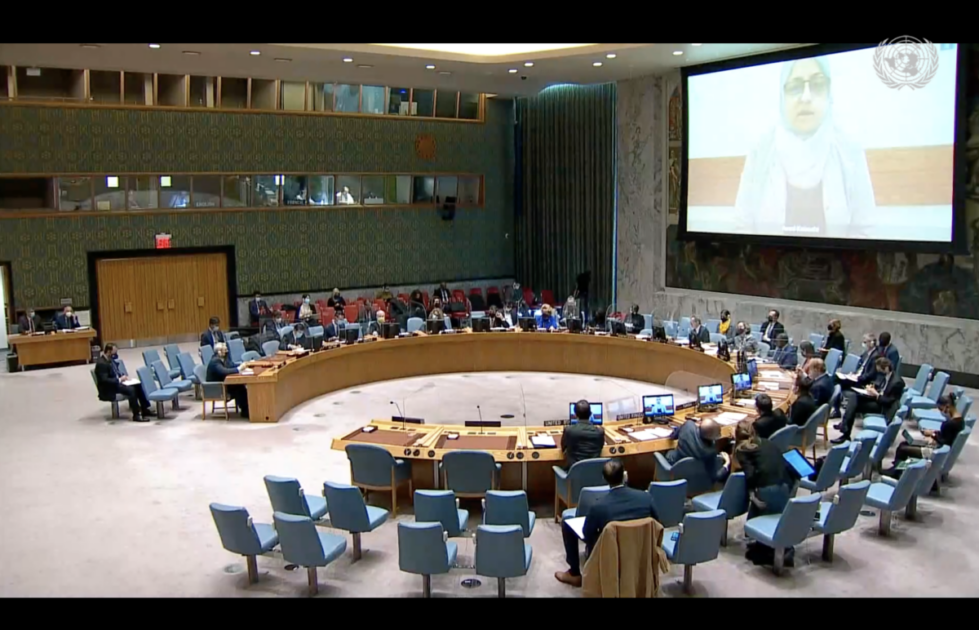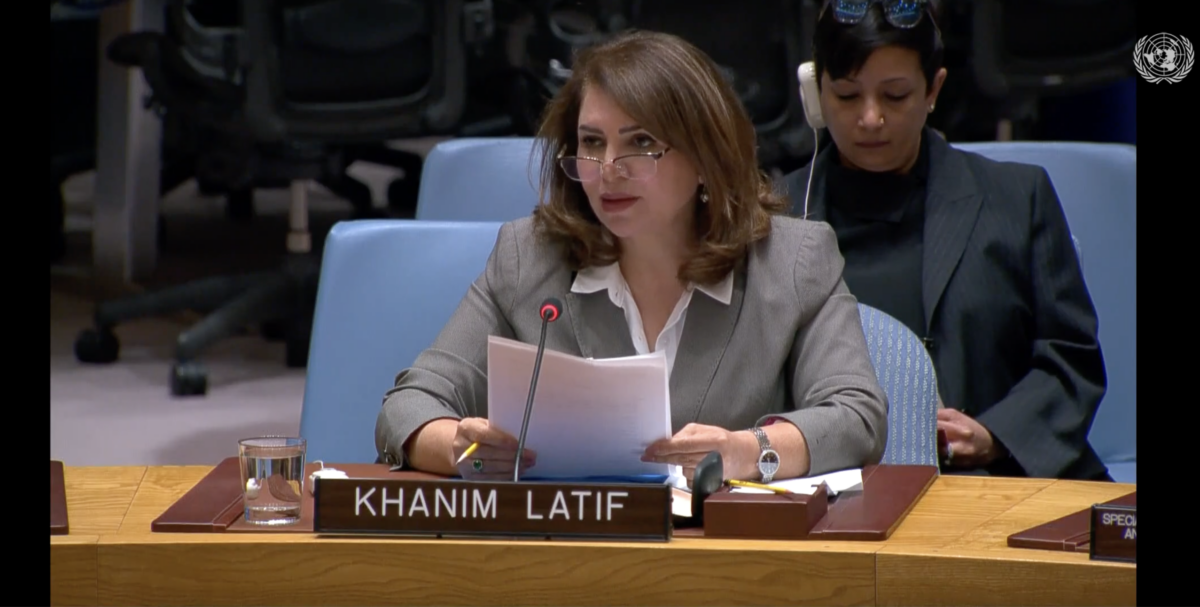Iraq
Iraq
Women are crucial allies to the efforts to eliminate extremism in Iraq. The Islamic State of Iraq and the Levant (ISIL) has contributed to a political landscape in Iraq historically characterized by sectarianism, ineffective judicial systems, high levels of government corruption, and high rates of violence against women, including sexual and gender-based violence. ISIL continues to use sexual and gender-based violence and rape as weapons of war— and targets women, particularly Yazidi women and other non-Shiite minorities, for sexual slavery among fighters.
Iraq acceded to the Convention on the Elimination of all Forms of Discrimination against Women (CEDAW) in 1986, launched the National Strategy on Combating Violence against Women in 2013, and launched its National Action Plan pursuant to Resolution 1325 in 2014. Iraq’s National Action Plan was the first launched in the Middle East. The Ministry of Women’s Affairs in Iraq has also developed a National Strategy for the Advancement of Iraqi Women, but due to the political climate it hasn’t been effectively implemented; similarly, laws banning forced and early marriages are rarely enforced.
Based on the work of NGOWG members and their partners, the NGOWG advocates for the Government of Iraq to clarify their shelter policies, in order to allow and support Iraqi NGOs in their efforts to operate shelters and provide much needed services to survivors of SGBV. Further, the NGOWG urges the Security Council to ensure that the United Nations Assistance Mission for Iraq (UNAMI) is regularly engaging with women’s organizations, and will continue to take concrete steps to support women’s participation in all peace and security processes.
Current and Past Recommendations to the UN Security Council (Monthly Action Points)
In its forthcoming discussion on the situation in Iraq, it is crucial that the Security Council take into account the underlying factors contributing to insecurity, including lack of protection and promotion of human rights. Political violence and hate speech continues to increase, placing diverse women activists, women public figures, journalists, peacebuilders and human rights defenders at risk of targeted violence and hate campaigns due to their leadership and participation in public processes, and work in support of vulnerable groups. This increase can be directly linked to impunity for past crimes committed before 2019 and the failure of the justice system to ensure accountability. Violence targeting women, including lesbian and transgender women and other minorities, in public life is part of a continuum of violence women experience throughout their lives, necessitating robust legal frameworks criminalizing all forms of gender-based violence, addressing widespread impunity through gender-responsive justice institutions, and ensuring access to multi-sectoral, survivor-centered services. In this context, Council members should emphasize the importance of strengthening protection mechanisms for diverse women by leveraging the momentum surrounding the adoption of the Yezidi Female Survivor Law to enact the Family Violence Protection Law with a provision that ensures civil society engagement and legally recognizes civil society-run safe homes. Support mechanisms for local and national women’s and minority’s rights civil society should also be amplified in order to push back against defamation campaigns targeted against them. When renewing the mandate of the UN Assistance Mission in Iraq (UNAMI), the Security Council should maintain all existing women, peace and security (WPS) language as well as:
- Strengthen references to core dimensions of the WPS agenda throughout UNAMI’s mandate by emphasizing that UNAMI should promote women’s full, equal, meaningful, and safe participation and leadership and require UNAMI to consult with diverse women’s civil society groups across all aspects of operations as part of the existing mandate to mainstream gender as a cross-cutting issue.
- Explicitly note that UNAMI’s efforts to promote the protection of human rights should include support for the implementation of relevant national laws and strategies, including the Yazidi Survivor’s Law, as well as international human rights law, such as CEDAW, and encompass monitoring and reporting on violence targeting diverse women, including violence on the basis of sexual orientation and identity, and on violence targeting diverse women in public life and civic space, including activists, civil society leaders, protestors, politicians, candidates, and individuals promoting women’s rights, disability rights, and LGBTIQ+rights, as well as organizations engaged in humanitarian action, peacebuilding, and climate justice.
- Clarify that a survivor-centered and trauma-informed approach should be the basis of all efforts to address gender-based violence, including its support for the implementation of the Joint Communique on Prevention and Response to Conflict Related Sexual Violence.
- Emphasize that UNAMI’s support for efforts to address the effects of climate change must reflect how women are particularly affected and as a result, should be guided by age-, disability-, and gender-sensitive risk assessment and analysis and further ensure that climate change and natural resource-related discussions at all levels are inclusive of women’s participation and leadership.
- Underscore that UNAMI’s support for delivery of essential civil and social services, including in the context of education, health care, and social protection, should be age-, disability-, and gender-responsive and undertaken in coordination with women’s groups and women leaders.
Relevant Resources









